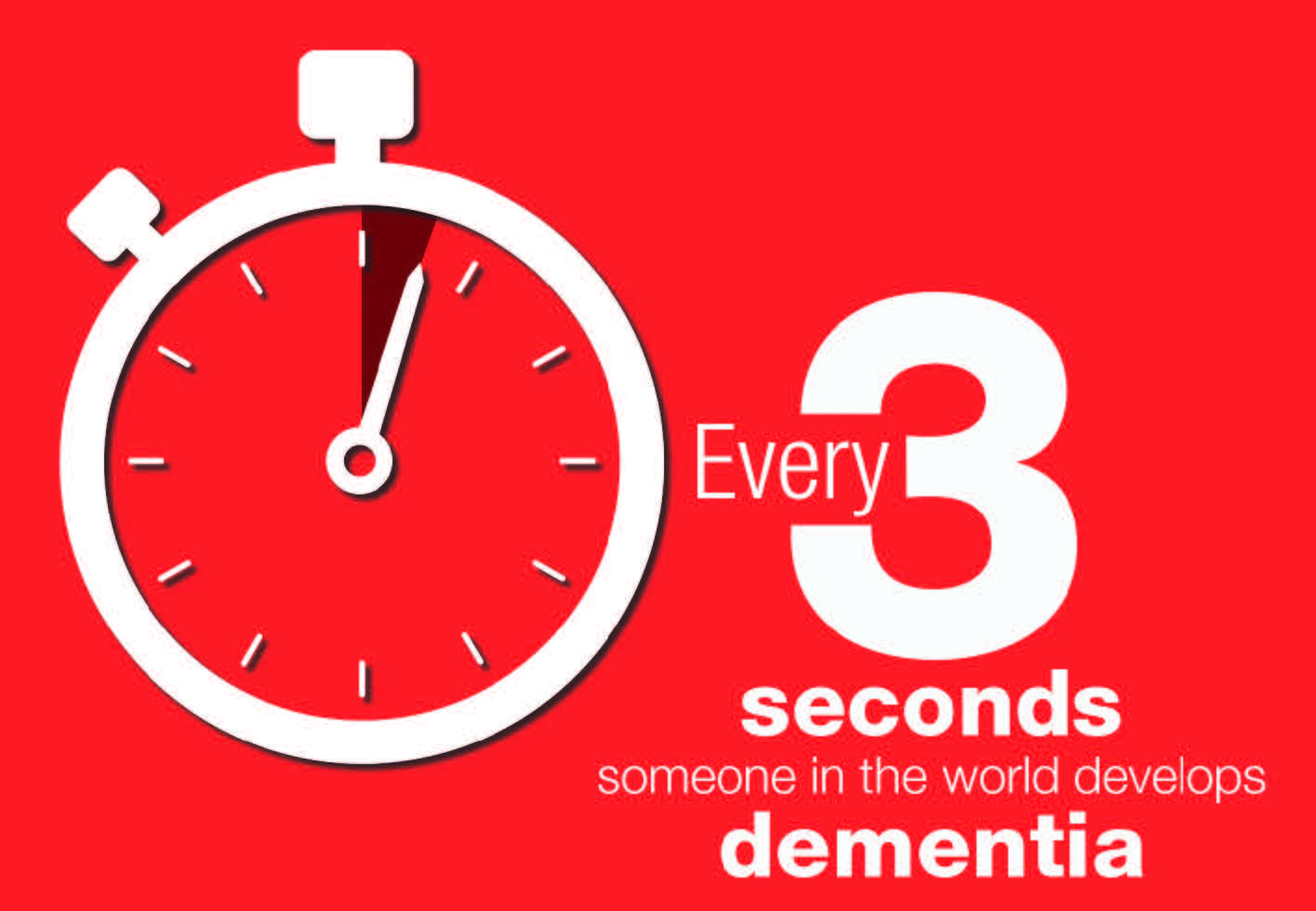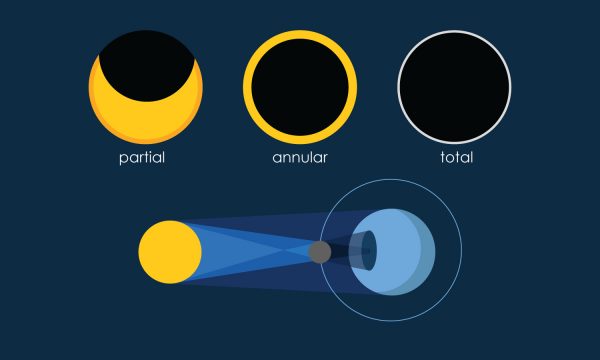September marks the seventh annual World Alzheimer’s Month, a global campaign aimed at destigmatizing dementia, raising awareness and combating misinformation about the disease. Coordinated by Alzheimer’s Disease International, the Alzheimer’s Month campaign launched in 2012 and includes Alzheimer’s day, which is held Sept. 21. Though the campaign is London-based, its impact is international as more than 80 countries observed Alzheimer’s Day in 2017.
This year’s campaign theme is “Every 3 seconds,” a phrase meant to raise awareness about the epidemic by highlighting the fact that every three seconds, someone develops dementia. Some key messages tasked to the WAM operation include raising awareness of the growing rate of dementia-related diagnoses worldwide, the importance of early diagnosis and the difficulties faced by those living with dementia in low and middle-income countries.
Raising awareness of the necessity of early diagnosis is a cornerstone of WAM’s campaign for a reason. Early diagnosis of dementia is not only vital to a patient’s chances of maintaining quality of life for longer but has far-reaching implications on the health care community, as well. Late diagnosis can often mean that health care dollars are spent on emergency intervention rather than on increasing resources for people living with dementia and their families. Patients diagnosed in earlier stages of dementia also have an opportunity to participate in research studies and initiatives aimed at improving patient care and finding a cure for the disease set.
Considering the rising epidemic of dementia on a global scale, the ability to recognize the warning signs of dementia in a loved one is more important than ever. Early indicators of dementia include memory loss and difficulty performing simple tasks, language problems, disorientation and decreased judgment, misplacing or losing track of things, changes in behavior or mood, trouble with spacial relation or images and withdrawal from usual activities. More information about diagnosis and local support can be found here.
More effective than treatment is, of course, prevention. Alzheimer’s prevention tips set forth by ADI include healthy lifestyle choices like supporting your heart health by monitoring cholesterol and blood pressure and avoiding smoking, staying physically, mentally and socially active and eating healthy, as some data suggest that a Mediterranean diet high in Omega 3’s could help reduce dementia-associated risk factors.
Information on the 2018 campaign and ways in which the public can support WAM’s mission are available here.







Be First to Comment